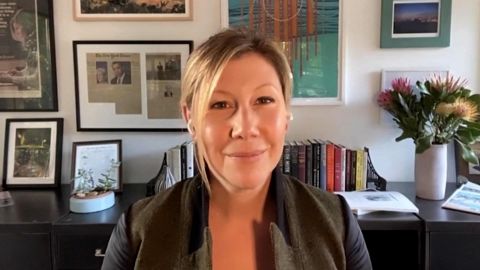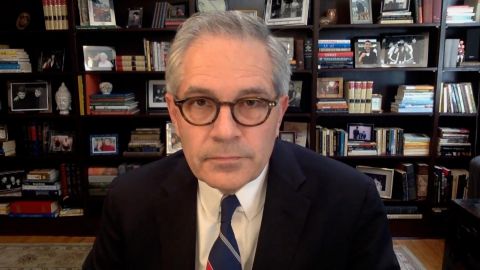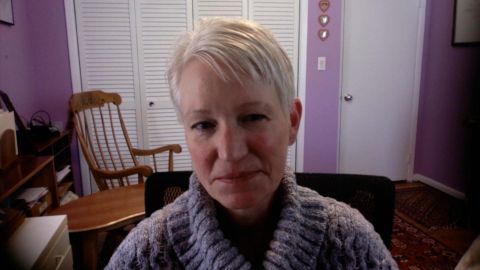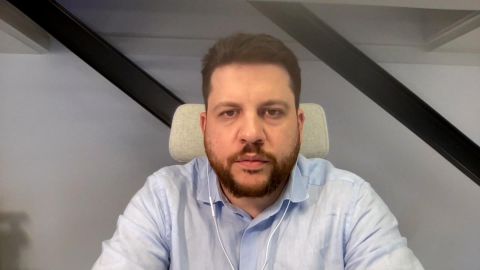Read Transcript EXPAND
CHRISTIANE AMANPOUR: In general, in history in the United States, prosecutors and police have pretty much been on the same side. But it doesn’t look that in this case. What — do you see a real change in the way it’s been going? Or do you think it’s just a one-off?
LARRY KRASNER, PHILADELPHIA DISTRICT ATTORNEY: Wonderful to be here. I think that what we’re seeing in this trial does reflect the sea change that the country is going through. We have had the chief of police testify against one of his own officers, an officer who misstepped time and time again, and was allowed to remain on the force, but nevertheless stayed on the force way too long. I think the video is compelling. It is my hope that there will be a conviction in this case. I think that the video is overwhelming. But it is reflective of something different. Usually, what we have seen in cases where there is police violence, or just simple police corruption at many levels, is that the fellow officers, the supervisors circle the wagons. They protect some of the worst officers, rather than doing what they should do, which is to hold them accountable.
AMANPOUR: And we know that — it’s infinitesimal, the amount or the number of police who, A, are held accountable and, B, at all punished. It just doesn’t happen with any kind of regularity. But we have also seen that this case, as I said, really put the American criminal justice system in the spotlight and sparked around the world and around the U.S. this call for reform. In your book, you say: “Criminal justice reform isn’t about any individual. It’s about every individual. It’s a movement dedicated to taking on a system that has abused all of us directly and indirectly.” What do you mean by that, abused all of us?
KRASNER: Well, the name of the book is “For the People.” And what happens at the beginning of court is that a criminal defense attorney, which I was for 30 years, and a civil rights attorney, gets up and says, I’m here for my client, Jack Smith. And then the prosecutor stands up and says, my name is such and such, and I’m here for the people, right? That’s what it’s supposed to me. It’s supposed to mean that the prosecutor has a unique obligation to seek justice for everyone, people in that courtroom, including the defendant, but also everyone that is outside of the courtroom. And that is absolutely not what has been happening in the United States for a very, very long time. Mostly, what has been happening is some of our worst tendencies, such as our racist tendencies, such as our pro-carceral tendencies, our tendency to want to lock everybody up forever, our tendency to use the criminal courts for political purposes, have been playing out. And that is how we have gotten to a point where we really do see this sea change going on. It’s not the case that I am the first progressive prosecutor. There are a number of them, some of them elected before me, Kim Foxx in Chicago, Aramis Ayala in Orlando. But it is the case that there’s a national movement created, in my view, by mass incarceration that has gotten us here.
About This Episode EXPAND
Leonid Volkov; Celeste Wallander; Larry Krasner; Nicole Perlroth
LEARN MORE



